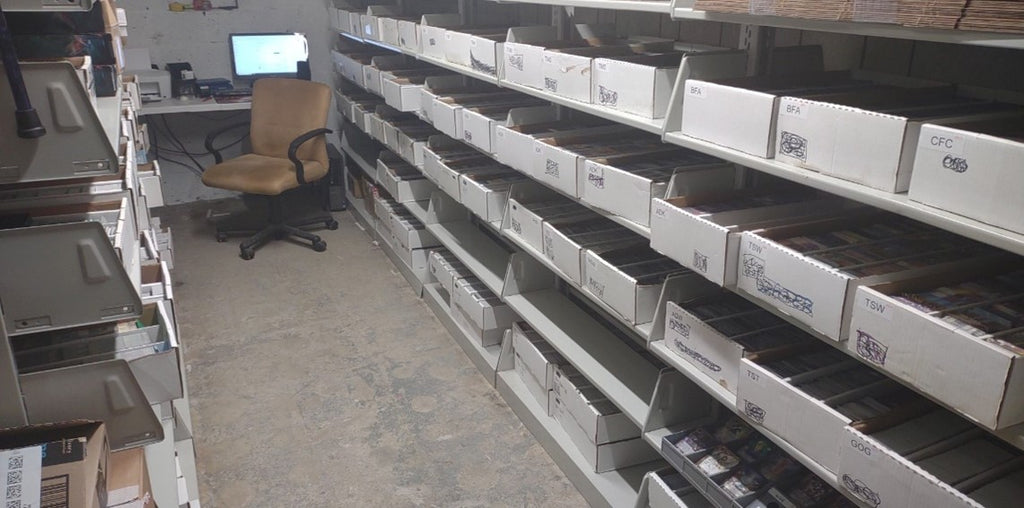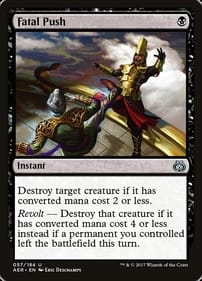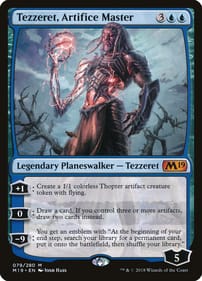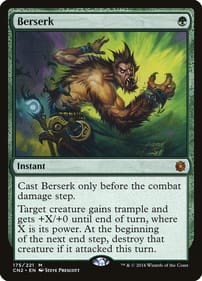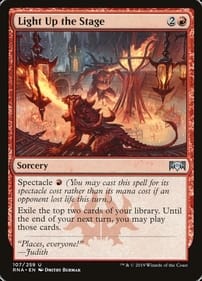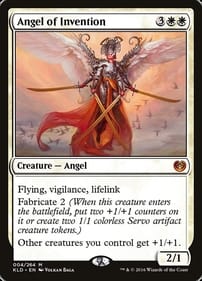Game Store Life #3: Cardboard Life

If you are still planning on opening a store, still don’t. Sorry for the delay in this one, it takes a while to get to an article when you have to run a lot of nerd spaces. But I think that helps to lend credibility to me. One thing you have to note is that when you have a game store you are actually running 2 or maybe 3 businesses.
The picture above is of half of my back room, the card part. I deal mostly in Force of Will and its singles. There are over 220,000 sorted singles in that picture and another 300,000 bulk/overstock. That takes a lot of time to do. Now imagine you deal in MTG, 30 years of cards and almost a new set every month. You’d need a space 10 times as large as this to keep it sorted. Now add more games.
You might want to be a board game store instead, cool. You’ll need this much space as well to hold your extra copies of games. In either case you’ll need an online presence, so that means’ you’ll need a place to print, pull, and pack your orders, not to mention all the stuff to do that with. More expense.
A store that wants to make it needs to be online. Even if just to let the community know what you’re doing, where you are etc. And if you’re online, why not sell? You’d be losing a lot of opportunities to make some money if you pass up on that sales channel. My main webpage doesn’t bring in a lot of revenue, I can’t justify the cost of advertising for it. But targeted ads and word of mouth will let people know you are there and make some sales. It’s kind of like free money in a way, though there is work involved.
I have a Point of Sale (POS) system that integrates with my website, so I don’t have to list every item more than once or in more than one place. I use TCGPlayer to list my singles, so another sales channel. That makes 3 if you include my store itself. Thing is I have clerks for the store, someone who ust deals in TCGPlayer orders and I do the website stuff myself. The accounting is fun too.
The whole point of all of this is that each thing needs a system, and they take work to put into place. A funny thing I have noticed is that a lot of people that have stores like to put in a ton of work at the start, setting up and all that. But when it comes to doing more work later, they kind of shrug it off. Each system needs a lot of work, whether its sorting 400,000 cards, organizing hundreds of board games to make grabbing them easier, or even listing each item into a new inventory system.
Thing is, when the work is done, it should make the overall system operate better. The picture I used is actually the third configuration for my back room. The other side of the room is where I take in all new arrivals and inventory them for my stores. Then I have shelves for each other store’s products to be taken to them.
Each distributor has its own way of doing things, this includes free shipping tiers. What has this to do with anything? Everything. I have smaller stores, so making those free shipping amounts can be hard sometimes. Since that is the case I order for all 3 stores and have them shipped to my main store. This is for a couple of reasons. I have the room at the main store to store things, I can make the free shipping most of the time, and my other managers live nearby so getting them their stuff is easy.
Because of this I am able to not require a lot of space at stores 2 and 3 for storage. And since they aren’t that far I can run things out to them if I need too. I adapted my system to include the free shipping tiers of wholesalers. Thing is, each time I opened a store I had to rethink how I was doing things and come up with a way to optimize that system, then do it. I see a lot of stores do things like they have from the start, and if that works for you, then cool. The point is, don’t be afraid to adapt and do the work if it makes your business better. If you want to sit back and relax after you open and not do as much, if not more work than you did when you opened to adapt when needed, then just don’t open.
When I opened it was just me and my kid running the place. I didn’t use the very front of my space because the stairs to our play space made it hard to see up there. I was losing valuable retail space, but it was a high-risk shoplifting area. So, I just put a couple of tables up there and left it. As I grew and added lackeys, I rethought the layout and changed it. Here’s a pic of the old front.

It was not the best use of space, but it worked for what I had at the time. Now it’s a lot more open (excuse the mess, we’re having work done).

It took a lot more work than one would thing to rearrange everything and move all the merchandise around. But in the end, it is a lot more open, easier to see things, and for people to browse. I even lost display space, I offset that with some rolling displays. Totally worth it though. Thing is, there are shops I go to that look the same as they did 5 years ago, and I can think of many ways they could optimize their space better. I think they are just afraid to do the work.
This is where the 60+ hour weeks will come in. But I can tell you, once that work is done, you can relax more and just do business. I’m not saying you won’t be putting in just as many hours, but in those cases the hope it that it will be selling things and making money, which is totally worth it. But to reach those good long work weeks you will be required to have the bad ones where you bust your butt doing the more unpleasant things. And this is after planning. I didn’t just move all my stuff around.
I had to think, plan, measure, schedule help, it took longer to get ready to rearrange that it actually took to do. And this was a simpler thing. If you redo your inventory management, storeroom organization, or even recount all your singles to make sure counts are right, it may take a lot longer in planning and execution. But hey, welcome to having a game store life.
D. Rowland
Owner CCGPrime.com


